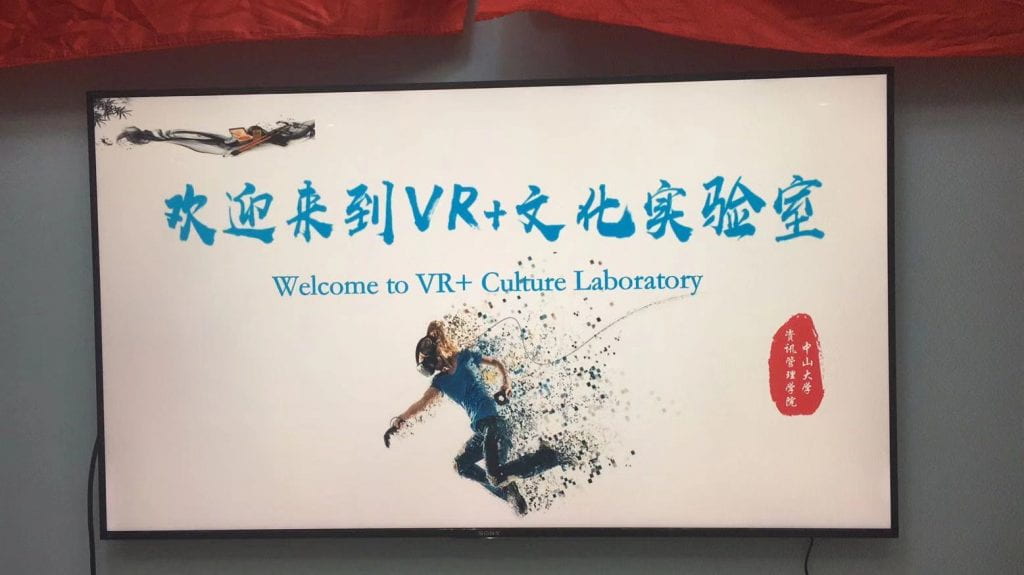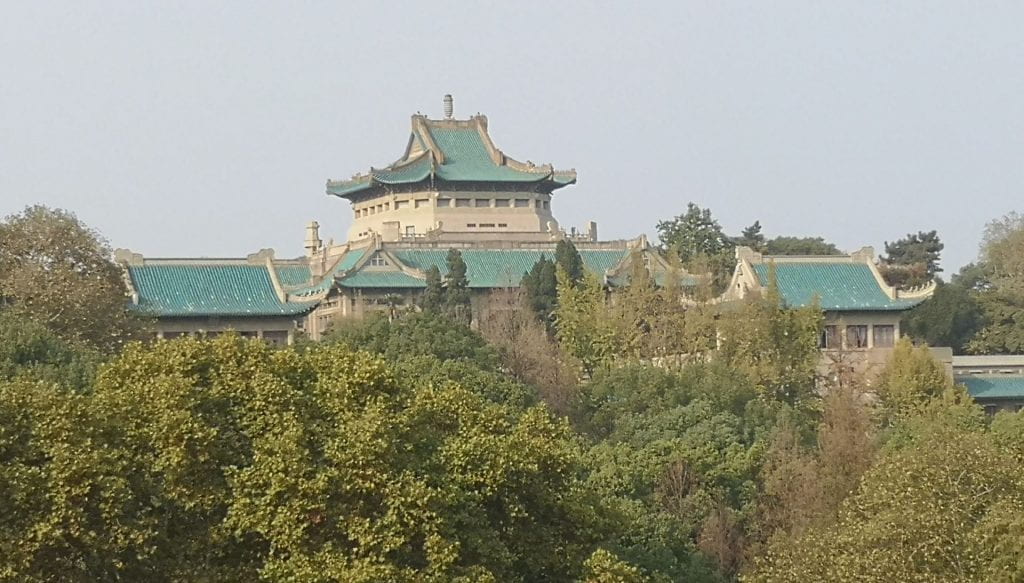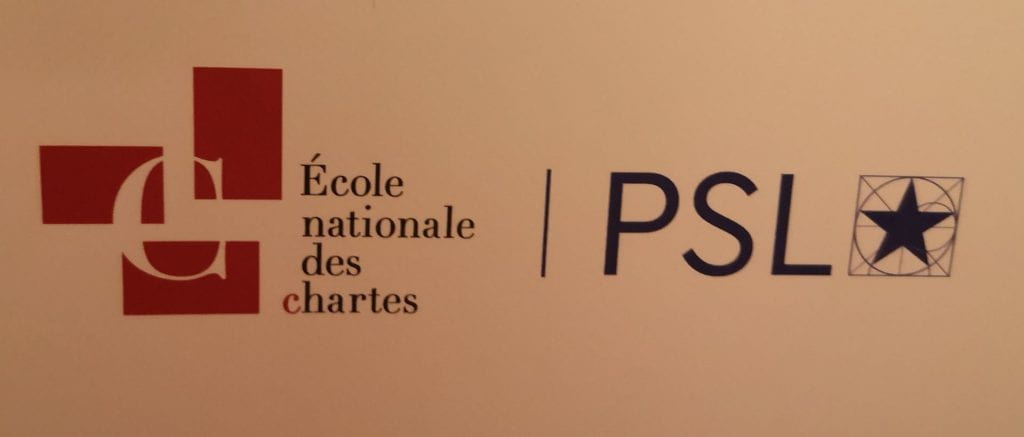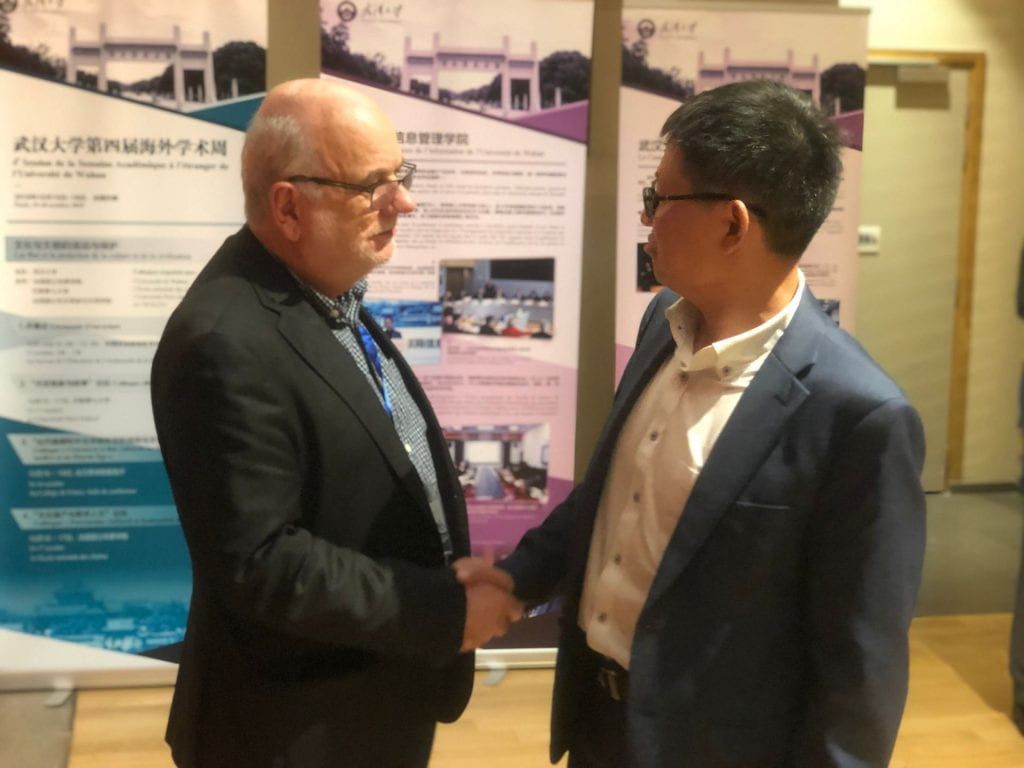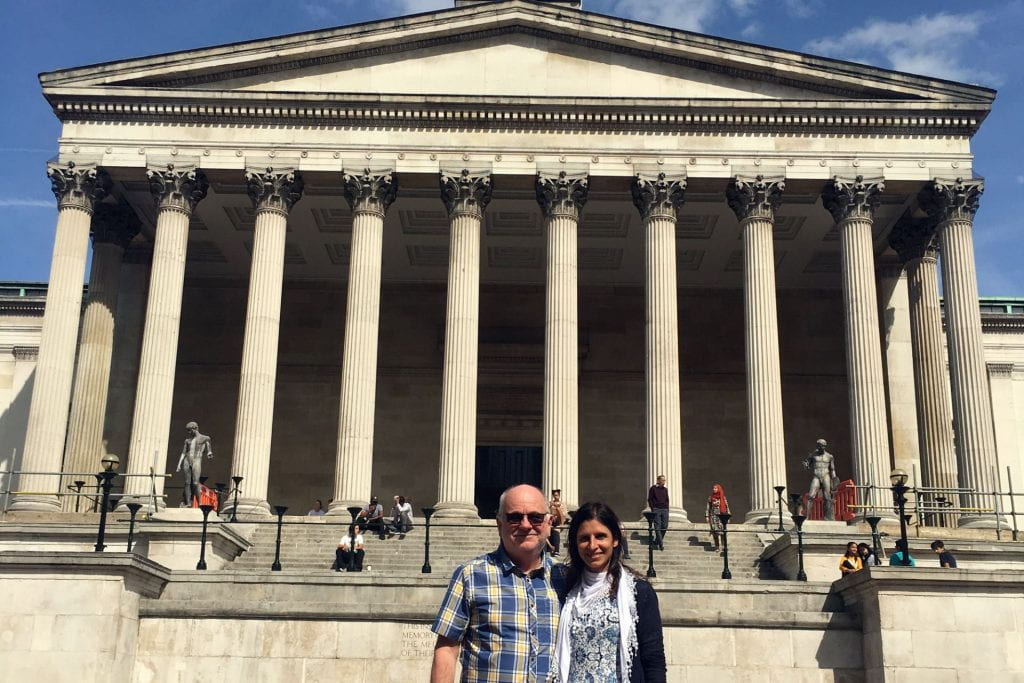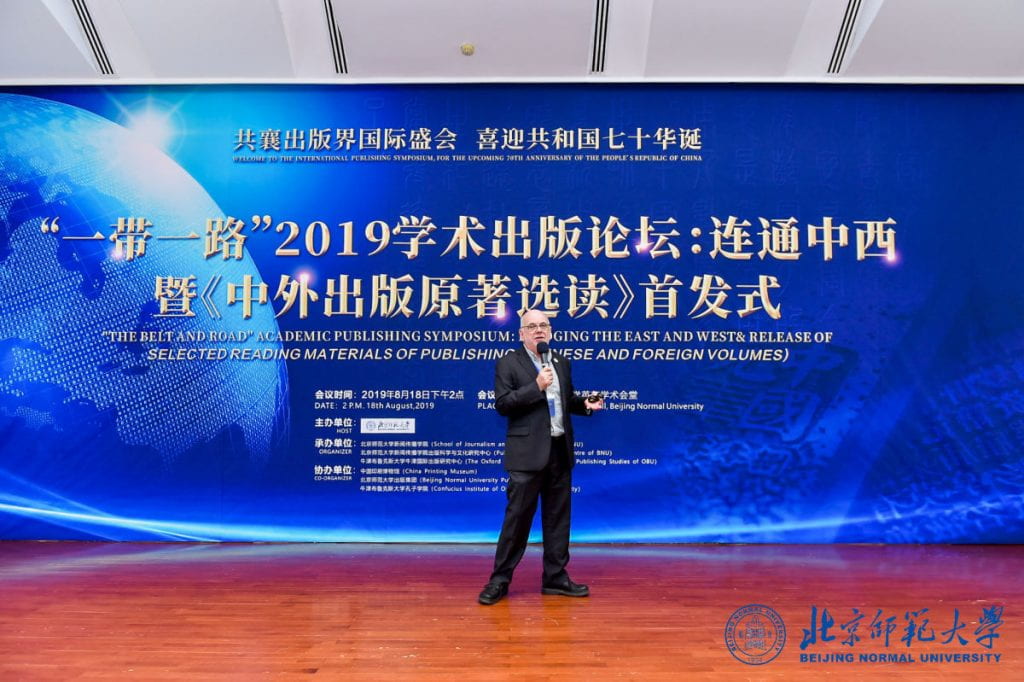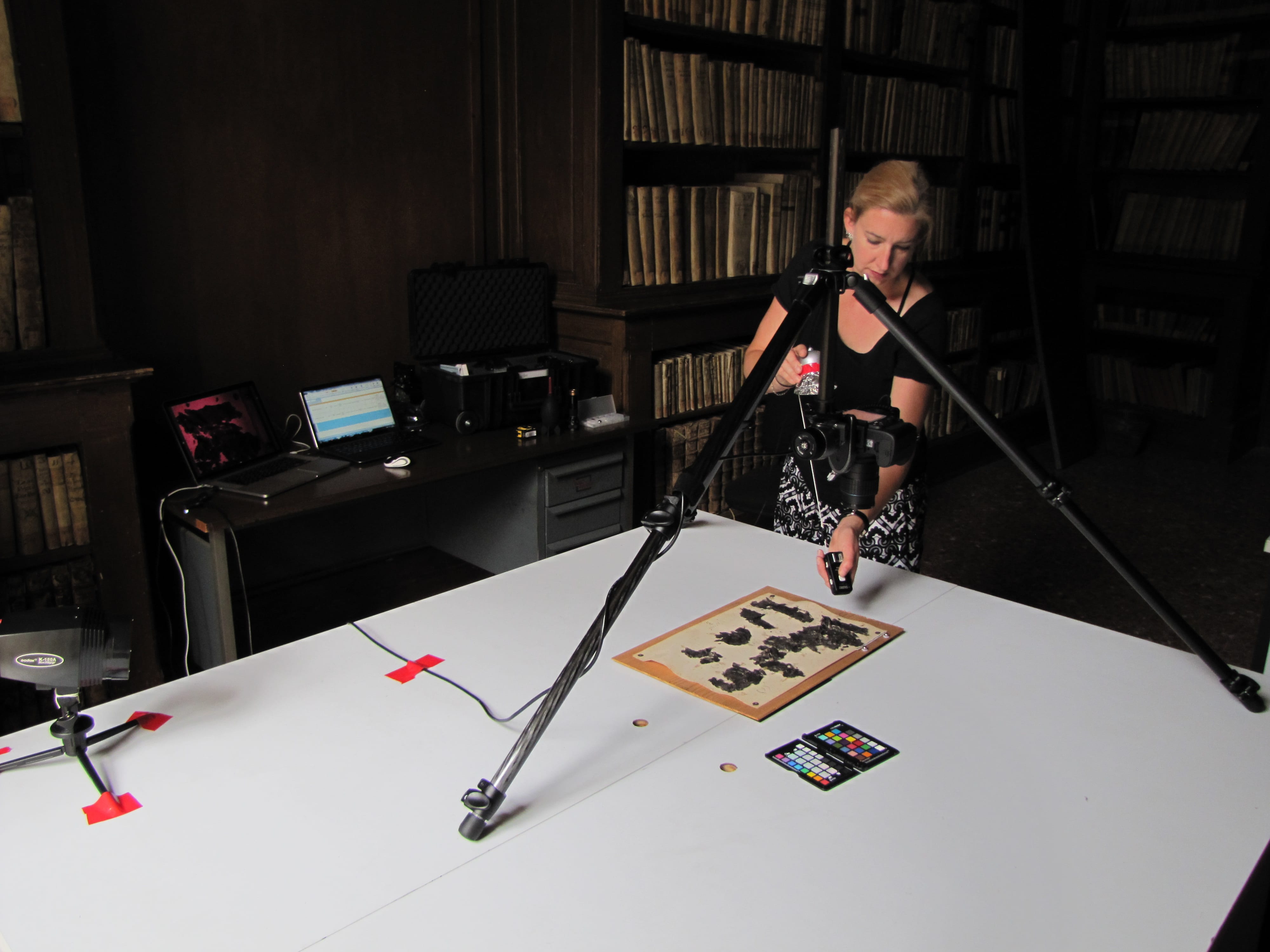The long Easter break once again enabled the opportunity for travel, supported by the UCL Global Engagement fund, to build on and extend our UCLDH China networks. Flying to Shanghai always means a visit to CAA, Shanghai Institute of Design and to see what is new there.
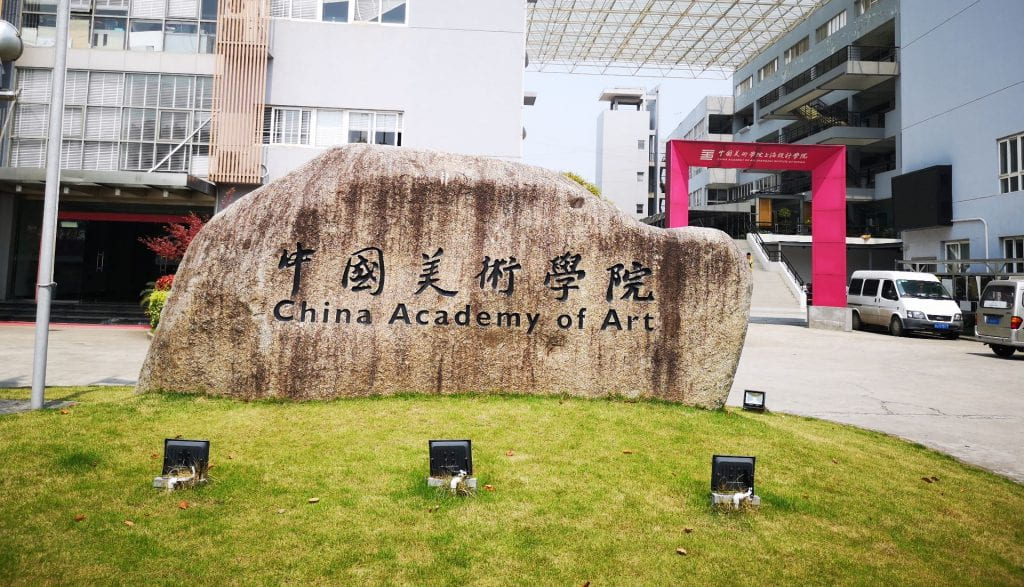
China Academy of Art, Shanghai Institute of Design
My first major speaking event was at the University of Wuhan, missing the flower festival but also the crowds, to deliver talks to undergraduate and postgraduate students at their Digital Humanities centre (the first in mainland China), based in their School of Information Management, a member of the iSchools Consortium. The topics requested were combining research and teaching in our Connected Curriculum and cultural influences on digital design.
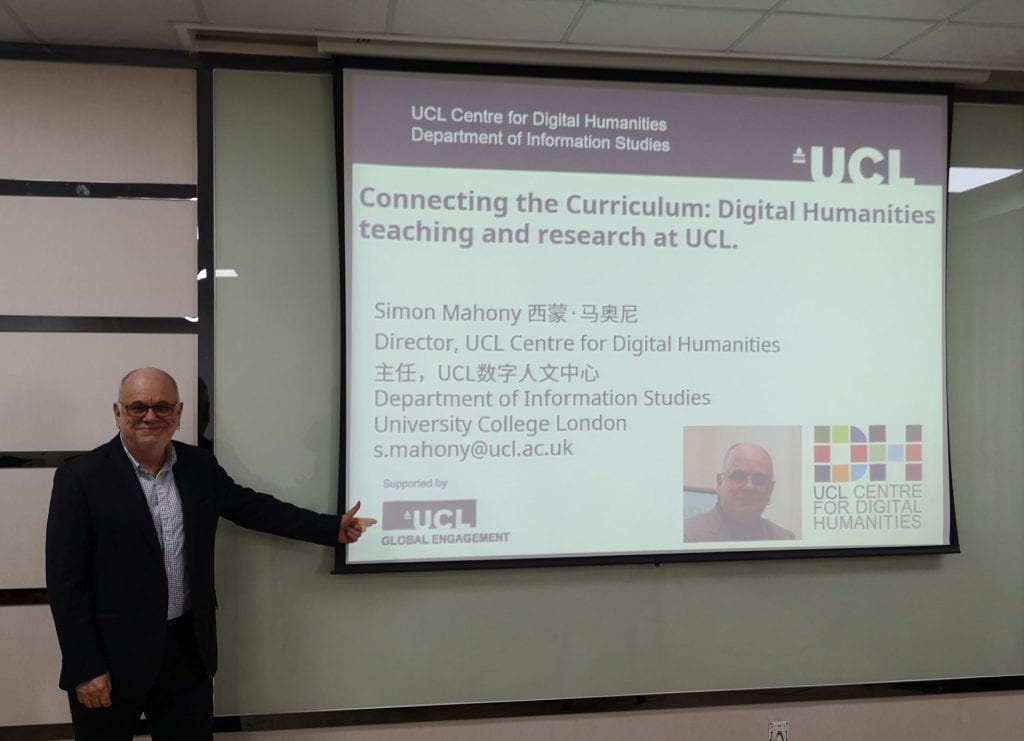
Connecting the Curriculum lecture at Wuhan
Traveling back to Shanghai enabled a visit to the outstanding DH research team at the Shanghai Library, which is both a public and research library. They are part of the Institute of Scientific & Technical Information of Shanghai and so combine the functions and expertise of the library, special collections, and research institute. They have a broad range of research interests and are always open to new possibilities and opportunities to hear about our UCLDH research projects.

Shanghai Library
Networking is about building on established relationships, but it is also about making new ones. One such new contact at this trip was made when I was invited to visit and speak at the University of Zhejiang, Hangzhou (which happens to be in my favourite Chinese city). They have a small but active DH group based in the School of Humanities and are attempting to develop a DH pathway for doctoral students. I was given a tour of their special collections, introduced to examples of Chinese book binding, and their tranquil rooftop Research Centre for Buddhist and Daoist Culture. As this was my first visit, I gave an overview of DH research and teaching and how that fits into a wider and more global context.
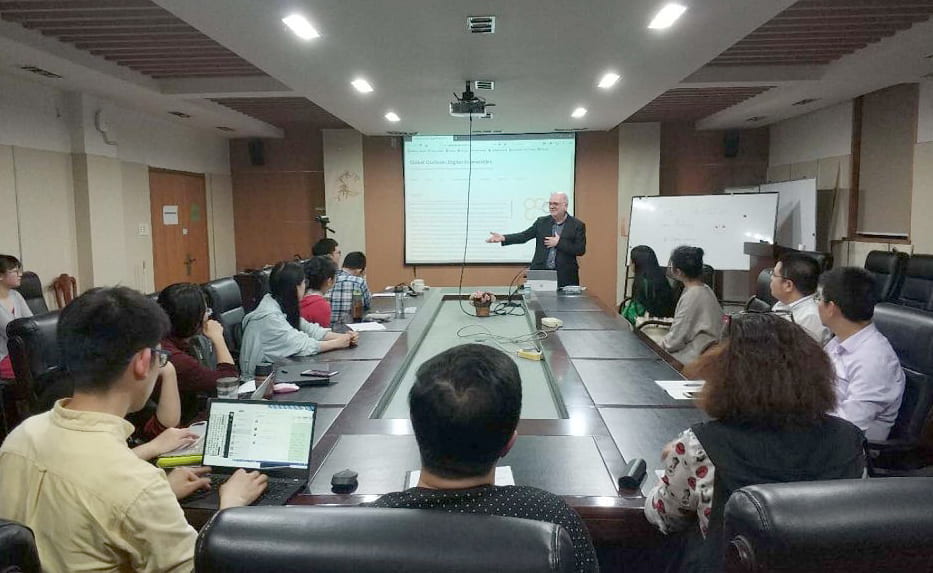
DH research and teaching lecture at Zhejiang University
Being at Hangzhou, I took the opportunity for a short train journey (not so short in UK terms but certainly quick on the high-speed rail) and a first visit to the University of Nottingham Ningbo China. We have had many students from UNNC on the MA/MSc DH programme; the meeting and lecture was arranged up by an alumna returning there after graduation to work at her UG and hometown institution. The campus is relatively small, very compact and very green with buildings mirroring their UK namesake. A research paper delivered this time on all things open: Open Access, Open Publishing, and Open Data. In our area of interest, they have a well-resourced and equipped Technology Centre with a Mixed Reality (Visualisation and AI) Lab with impressive tech projects in development.

Nottingham Ningbo campus
Final stop for this trip was the University of Nanjing to take part in their seminar ‘Rethinking Digital Humanities Through Comparative Insights’, with a range of speakers from several institutions in China, the USA and me from the UK.

Nanjing University Poster
Networking, building connections and creating partnerships are important aspects of our work. Digital Humanities is a fast-growing and vibrant field in mainland China and I am very pleased to have been supported by the UCL Global Engagement fund which has allowed me to build up these networks. Chinese institutions are always very welcoming, great hosts and often have funds to support visitors. What is difficult for them is paying money outside the country for things like air flights. The GEO funding I have received has covered my air fare but also importantly has allowed me to employ Chinese graduate students to add translations to my presentation slides (you can see examples above) and lecture materials to develop some of them into bilingual teaching materials that are released as Open Educational Resources (OERs) on the new UCL OER Repository that supports agendas such as the Connected Curriculum and Open Science.
I have more trips coming up over the Summer months and look forward to further developing these networks.
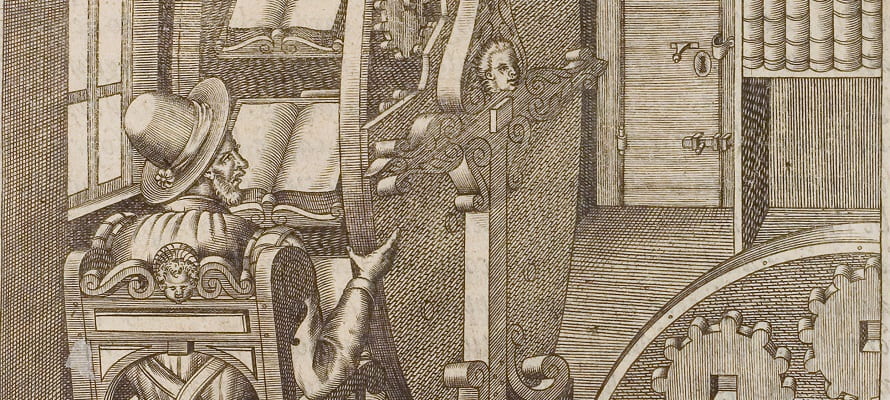
 Close
Close




